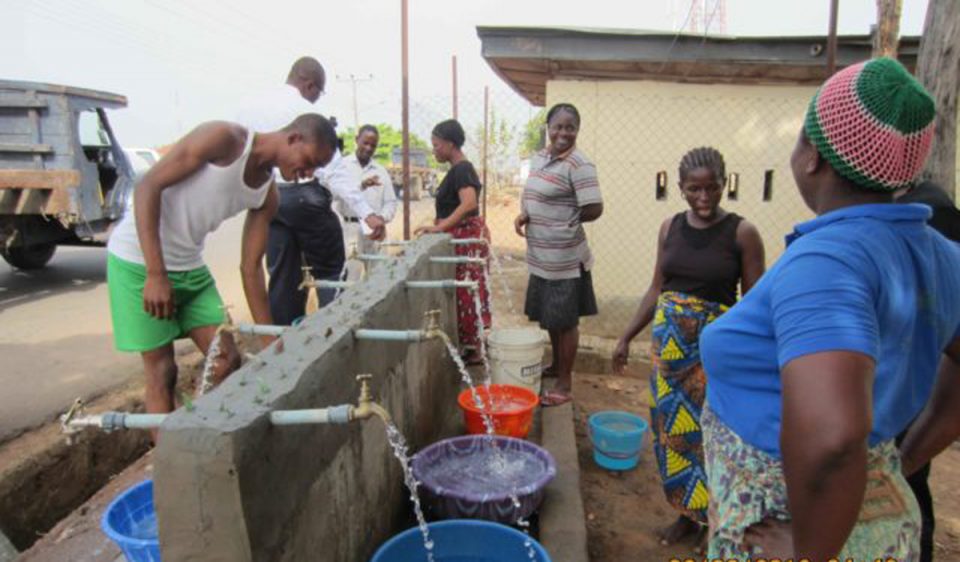The Federal Government, on Friday, said about 25 per cent of citizens across the country still use unsafe water and called for urgent comprehensive action to address the development, as well as combat the environmental and health hazards posed by this.
It specifically stated that 25 out of every 100 individuals in Nigeria continue to depend on unsafe water sources.
The Minister of Water Resources and Sanitation, Prof. Joseph Utsev, who disclosed this at a press briefing in Abuja to mark World Water Day, said, “This means, yes, according to the United Nations, out of every 100 persons, 25 get their water from open streams and ponds.
“A good percentage relieves themselves outdoors or use dirty, dangerous or broken latrines, leading to human waste flowing into nature untreated, with disastrous health and environmental consequences.”
Utsev, however, stated that the Federal Government was implementing several initiatives to manage the situation, as he outlined key projects aimed at tackling the water crisis head-on.
“The Partnership for Expanded Water Supply, Sanitation and Hygiene programme, focused on enhancing water access in rural areas and public sanitation is one of such initiatives.
“Additionally, the Sustainable Urban, Rural and Small Towns Water, Sanitation, and Hygiene programme, supported by the World Bank, targets water supply challenges in both urban and rural settings.
“The National WASH Action Plan is also in place to address the low access to WASH services across Nigeria,” he stated.
He said the government was committed to addressing the crisis, and called for continued collaboration with development partners and donors to support these initiatives.
Utsev stated that since his assumption of office, the Federal Government had ensured that 15 Local Governments in five states of the federation attained the Open Defecation-Free status.
“As of today, we have 120 Local Governments in the country that are Open Defecation-Free, with our states having obtained statewide ODF in the country,” the minister stated.
Meanwhile, a report by the United Nations Educational, Scientific and Cultural Organisation for the World Water Day, revealed that 2.2 billion people lack access to safely managed drinking water.
It also stated that 3.5 billion people were without safely managed sanitation, adding that water scarcity often emerges as a potential catalyst for conflicts worldwide.
UNESCO Director-General, Audrey Azoulay, stated that water scarcity, affecting one in two people globally, could exacerbate geopolitical tensions and threaten fundamental rights, particularly for girls and women.
The report estimated the cost of achieving universal access to safe drinking water, sanitation and hygiene in 140 low and middle-income countries at approximately $1.7tn from 2016 to 2030.
“The theme of World Water Day 2024, ‘Water for Peace,’ is therefore a call to action to sustainably manage water, to reconnect with our planet and, ultimately, to build peace,’’ Azoulay stated.


previous post

